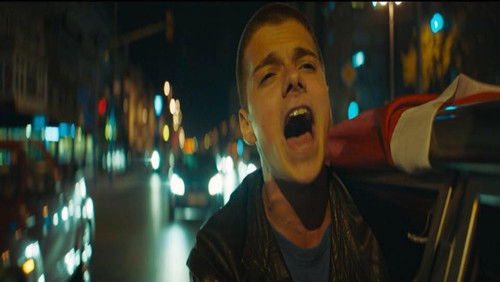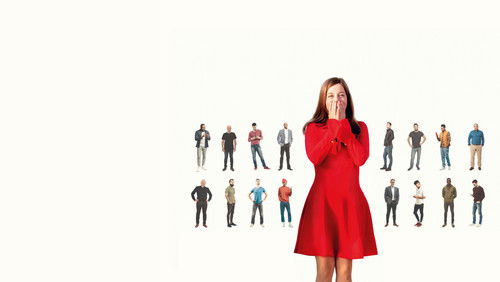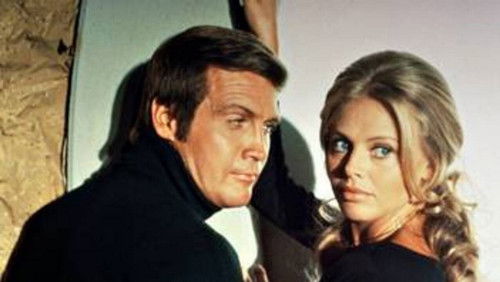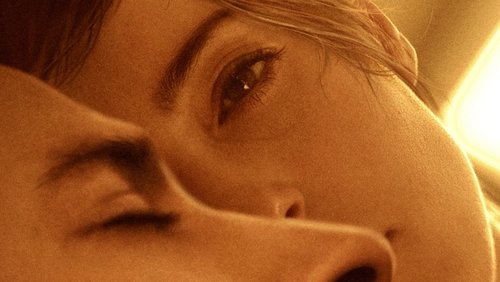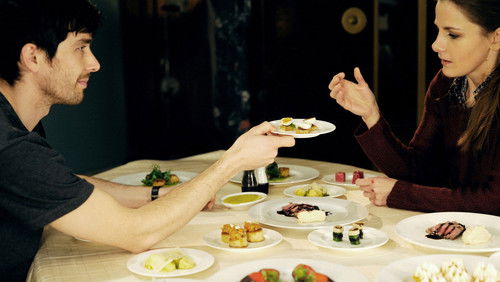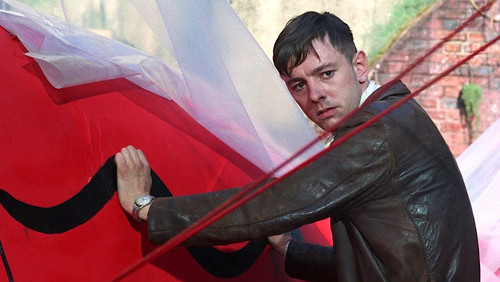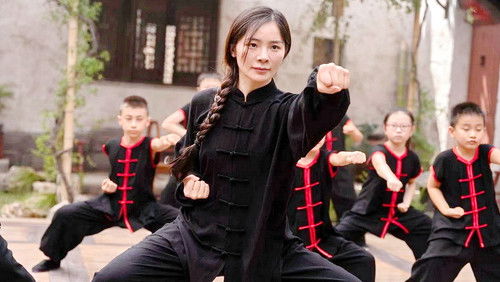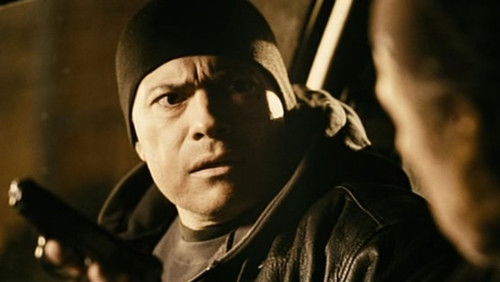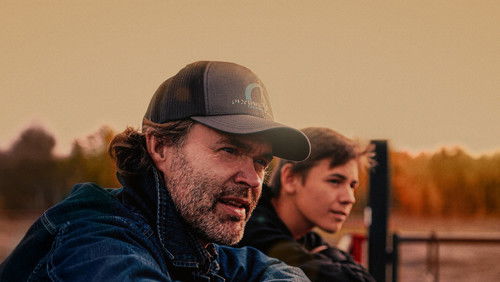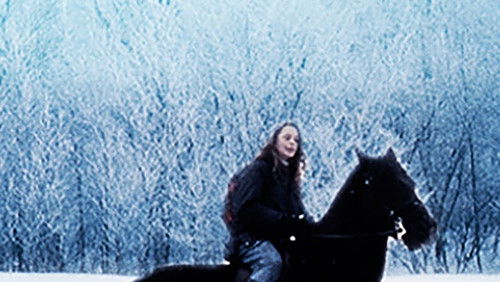Mouchette (1967)
47KMouchette: Directed by Robert Bresson. With Nadine Nortier, Jean-Claude Guilbert, Marie Cardinal, Paul Hébert. A young girl living in the French countryside suffers constant indignities at the hand of alcoholism and her fellow man.
“Among the best things that can happen to me as a viewer is to watch a filmmaker grow into mastery, and Iu0026#39;ve just gone through a series of viewing where Bresson grew before my eyes. He wasnu0026#39;t a master before Balthazar in my estimation but he was one now.u003cbr/u003eu003cbr/u003eSee, he had started with ambitious work in Diary of a Priest, but something must have troubled him, the spiritual search was coming off as emotional anguish, resulting in sentimentality. His next three were all about finding ways to quell this, fasting the eye, muting the emotion. u003cbr/u003eu003cbr/u003eThis is all the more reason to celebrate him, because it could have gone either way. He could have turned out film after film where he mutes expression and turns actors into bare stumps and called it pure. But if this was purity, where was the life in which the pure is woven through? Bresson matters I believe because he left the stone floor of his ascetic phase to grow into this, his sculpting phase.u003cbr/u003eu003cbr/u003eThis is a sculpture of moving image and sound, even more so than Balthazar, even more purely about the rooms and spaces in which a young girl faces the duplicity of life. Itu0026#39;s all in how he chisels the air with the camera, he does this in three parts. u003cbr/u003eu003cbr/u003eThe day before, with its moments of small everyday cruelty and unexpected kindness alike. She has a beautiful voice but wonu0026#39;t sing with her classmates until forced, a passing woman unexpectedly gives her money for the bumping cars, but her dalliance with a boy is cut short and she has to go sit with her father. Itu0026#39;s heart-aching because all she needs is someone to mind her and no one does outside of making her behave how they want to, most of us have been savaged this way as kids.u003cbr/u003eu003cbr/u003eThe night of unfathomable emotions out in the woods, and look how masterfully. Why she does what she does in the cabin, why she swears to protect his secret and professes love, perhaps intuitively protecting herself, perhaps asserting herself against authority, this is all as unfathomable as why the man goes back out to commit violence. Itu0026#39;s all in that shot where the two men laugh, for no reason other than all this being absurd, beneath a dark sky, and the wind that blows all through the night.u003cbr/u003eu003cbr/u003eIn the third part of the film we have the day after, with this complicated human nature brought to the stark light of what other people think. Bresson shows us judgment and cynicism, and even the old womanu0026#39;s advice about death is waved off; too musty for a young girl, more advice.u003cbr/u003eu003cbr/u003eSo how poignant to see this shift in Bresson? He gives us by the end a more eloquent Jeanne Du0026#39;arc, now the dogmatist interrogators become your small-minded neighbors and Joan is neither pure nor certain in any way about the truth of what she experienced. No ceremonial death. And how deep it cuts, that she may have wanted to ask her mother for advice, unburden the confusion, but has to go through it alone.u003cbr/u003eu003cbr/u003eSo after a series of Bresson viewings, I will come to rest here. Antonioni would take home the Palm that year but Bresson had conquered his obstacles and arrived fully. The title of Tarkovskyu0026#39;s book best describes what he does here, and you can see the Tati influence as a new tool that he didnu0026#39;t have back in Pickpocket. He sculpts an external time, but now in such a way that the pure is found where it grows roots and rustles, among life.u003cbr/u003eu003cbr/u003eIt would be Tarkovskyu0026#39;s turn now to shoulder this legacy, and Dreyeru0026#39;s, asking himself, what kind of time? We dream and yearn with an asymmetric logic and mingle with our reflection. It would be one of the great leaps in the cinema but for that weu0026#39;d have to go forward.”
